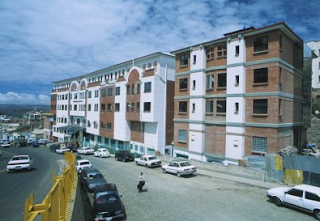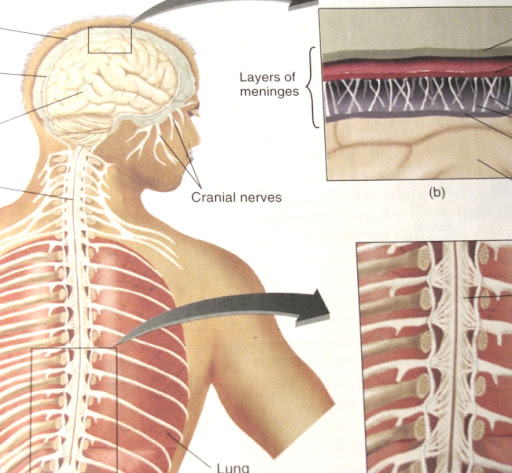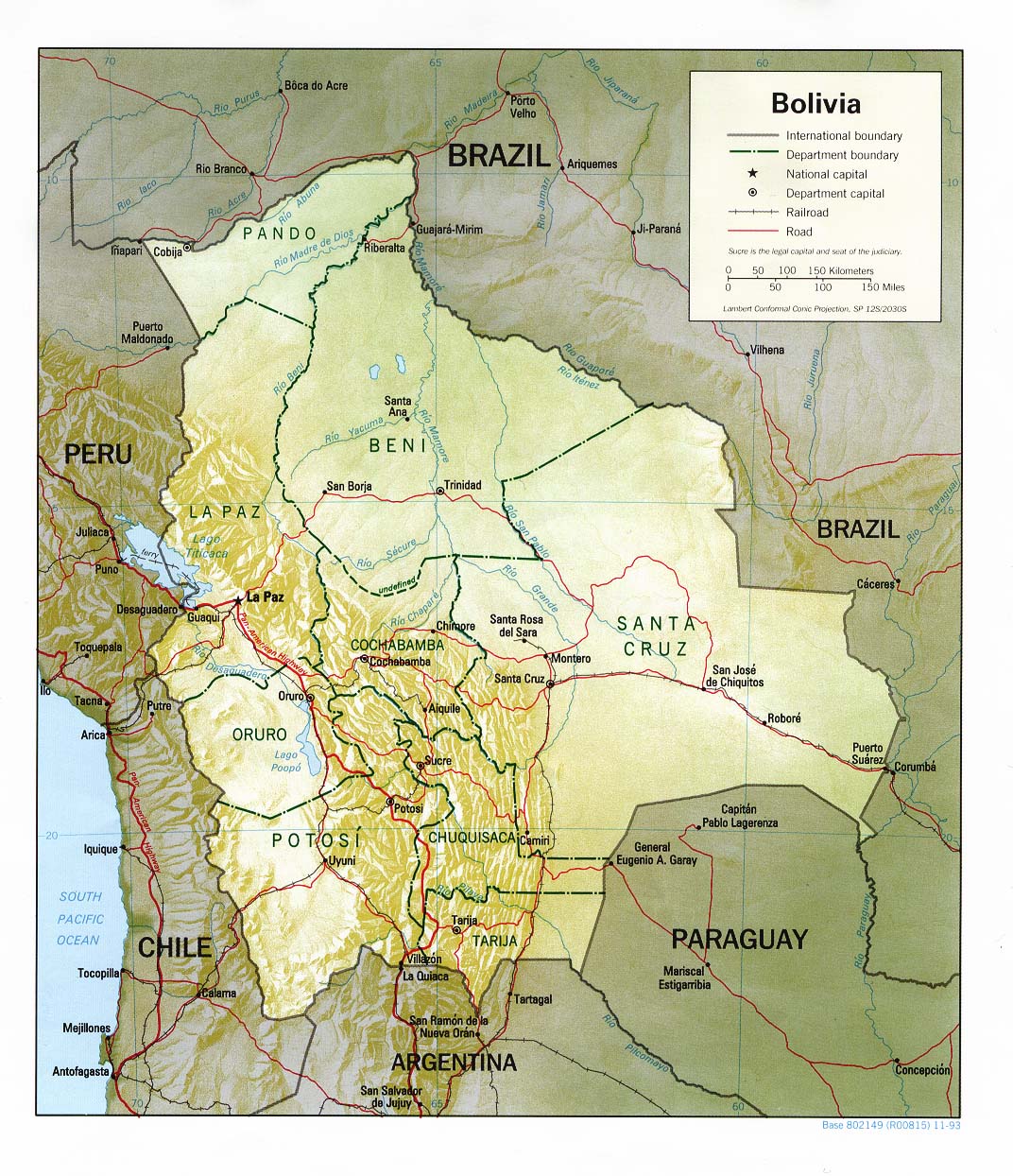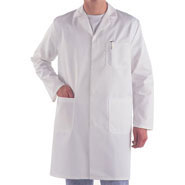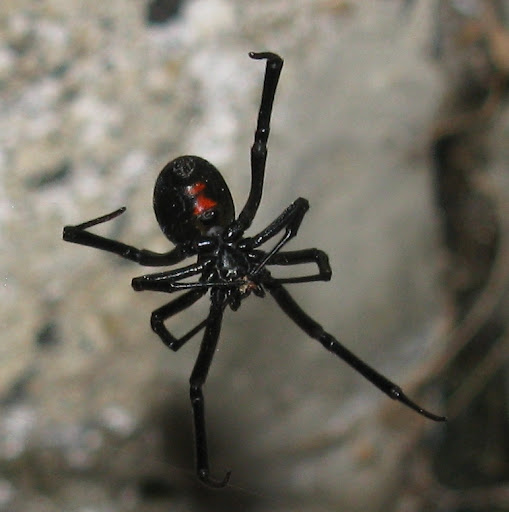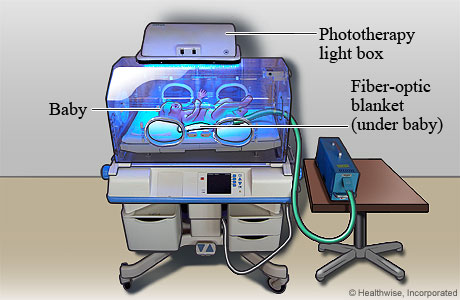Well, I got my LASIK done yesterday - and I'm sure everyone is curious about the medical procedure. My first appointment was a while ago where they checked my eyes to determine whether I was a good candidate. Some of the criteria include nearsightedness less than -10.00, sufficient corneal thickness, no severe eye dryness, and little or no astigmatism or other eye problems. My eyes are somewhat dry, both were around -3.00, unnoticeable asigmatism, and a slightly thicker cornea than average, so I was a good candidate.
The second visit, they dilated my eyes and did other tests to get exact readings on my eyes, we discussed payments, methods of going about the laser eye stuff, etc. I went with the laser system for cutting the flap in the eye (instead of a hand held microtome) and LASIK (laser-assisted in situ keratomileusis). After a couple reschedules, my LASIK date was finally set for Dec. 4.
I was instructed to wear glasses (no contacts) for the week prior to the surgery, I had to take a Valium (5mg) 1 hour before the surgery, and have someone drive me to and from the surgery center. When I arrived, they took me into a room to analyze my eyes, I forget what the first test was for, but the second one was to map my iris (similar to iris-recognition for security) so that the laser could lock onto my eye. This was part of the "Custom Vue" LASIK, where they use Wavefront, WaveScan, and WavePrint technology to get a very accurate fingerprint of the eye, so to speak. Supposedly, it can also measure flaws in the eye 25x more precisely than traditional methods. Then they cleaned the area around my eyes, put in numbing drops and antibiotics, and we headed to the first station - the intralase machine (the laser which cuts the corneal flap).
This was the most uncomfortable part - they had to prop my eyes open clockwork orange-style, then attach a plastic fixture to my eyeball with suction, so it was completely fitted to my eye. Then the other end was attached to the intralase machine, and basically my eye saw those gray/white/black patterns you see in your eye when you press on it. Then I had to hold still for a moment and it cut the flap; I couldn't feel it, maybe there was a slight warmth. Then we repeated for the other eye and I went to another room for the LASIK laser procedure. They propped my eyes open again, taped my eyelashes back, added more numbing drops, and had me look up at the laser. The doctor folded back the flap on my eye. The laser itself was a green color, but there were bright dentist-like lights on either side, which were painfully blinding. As they focused the laser's position, there was a grid of red light that I saw pass over my eye. Then I held my focus on the green laser point for a few seconds as it did its work. I could smell flesh burning...not too pleasant. Afterward, the doctor replaced the flap on the eye and smoothed the lines of the incision to make sure it was firmly back in place. Then we repeated with the other eye and I sat aside for a bit while someone else had the same procedure done. Afterwards, my eyes hurt quite a bit - like there was sand in them and some of the chemicals made it difficult to open my lids. The doctor rechecked the eyes, said that the procedure went perfectly and the flap was back in place. About 2 or 3 hours after being back home the pain had gone away and I could open my eyes for brief periods of time.
As far as post-op care, I cannot use eye makeup, wash my eyes, do any strenuous activities or go swimming, and must put one drop each of Vigamox (Moxifloxacin hydrochloride) and Vexol (Rimexolone) into each eye four times per day, and use Systane (preservative-free) eye drops as needed for dryness. I also cannot rub my eyes and must wear goggles at night and sunglasses outside. I also have to be careful when doing activities that tend to cause less blinking, such as working on the computer, reading, or watching TV - essentially, I have to remember to blink or hold my eyes shut every so often. I have to keep up this post-op care for 1 week, but I have a blackberry app that lets me do as many different alarms as I want, so I have 1 wake-up alarm, 4 eye drop alarms, and 1 birth control pill alarm. I can make it play whatever song I want as the alarm, too, and change it for each alarm - if anyone's curious,
this is the app.
The next day (today) I went back in the morning for him to check how my vision had changed, and I am 20/15 in both eyes - so better than 20/20 (standard). I have a followup in a week to make sure things are healing correctly, and other than that it went off without a hitch. It's great being able to see without contacts or glasses! It feels so weird that such a short procedure, which doesn't look or feel like anything changed with my eyes (currently, anyway) could suddenly make it possible to see super-perfectly clear.
As for the breakdown, Dr. Auker's costs for examination and supervision of the procedure were $2,350, use of the LASIK machine was $2,150, and the intralase machine was $600. My mom had originally offered to cover $3,000 as a gift to me, and when it turned out to be more, I covered the excess. So in total, $5,100 dollars for both eyes, $2,100 out of my own pocket, but I got 20/15 vision out of it so I'd say that's money well spent. I should point out that Dr. Auker and the laser center are more pricey than other options out there, and I do not know whether there is a substantial difference in quality - Dr. Auker treated my mom's eyes about 10 years ago when he was still with Kaiser and she is still happy with the results - he now has a private practice. Considering his experience, and the fact that he was performing LASIK successfully when it was brand new with good long-term results, made me feel more confident in his skills/knowledge and more likely to choose him over a cheaper alternative. To see his website, click
here.
